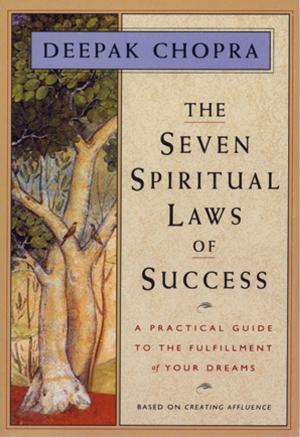Creative Mind and Success
Nonfiction, Health & Well Being, Self Help, Self Improvement, Creativity, Success, Motivational| Author: | Ernest S. Holmes | ISBN: | 9788892570900 |
| Publisher: | Ernest S. Holmes | Publication: | March 15, 2016 |
| Imprint: | Language: | Italian |
| Author: | Ernest S. Holmes |
| ISBN: | 9788892570900 |
| Publisher: | Ernest S. Holmes |
| Publication: | March 15, 2016 |
| Imprint: | |
| Language: | Italian |
As part of the Christian Science and New Thought movements, Holmes believed in the transformative power of positive thinking and the innate ability of every person to affect their world and heal their body through proper use of their mind. In this, his first book, published in 1919, he explains the underlying beliefs of Religious Science and New Thought. Students of religion and history will be interested to read Holmes's new cosmology, linking mind and universe in a truly unique fashion, and anyone looking to improve their lives may find his method to be a powerful new tool. American author and preacher ERNEST SHURTLEFF HOLMES (1887-1960) began studying Christian Science at age twenty-one and in 1912 built a church to spread the message of the New Thought movement. His particular teachings came to be called Religious Science, which he codified in his most influential work, The Science of Mind (1926).
As part of the Christian Science and New Thought movements, Holmes believed in the transformative power of positive thinking and the innate ability of every person to affect their world and heal their body through proper use of their mind. In this, his first book, published in 1919, he explains the underlying beliefs of Religious Science and New Thought. Students of religion and history will be interested to read Holmes's new cosmology, linking mind and universe in a truly unique fashion, and anyone looking to improve their lives may find his method to be a powerful new tool. American author and preacher ERNEST SHURTLEFF HOLMES (1887-1960) began studying Christian Science at age twenty-one and in 1912 built a church to spread the message of the New Thought movement. His particular teachings came to be called Religious Science, which he codified in his most influential work, The Science of Mind (1926).















